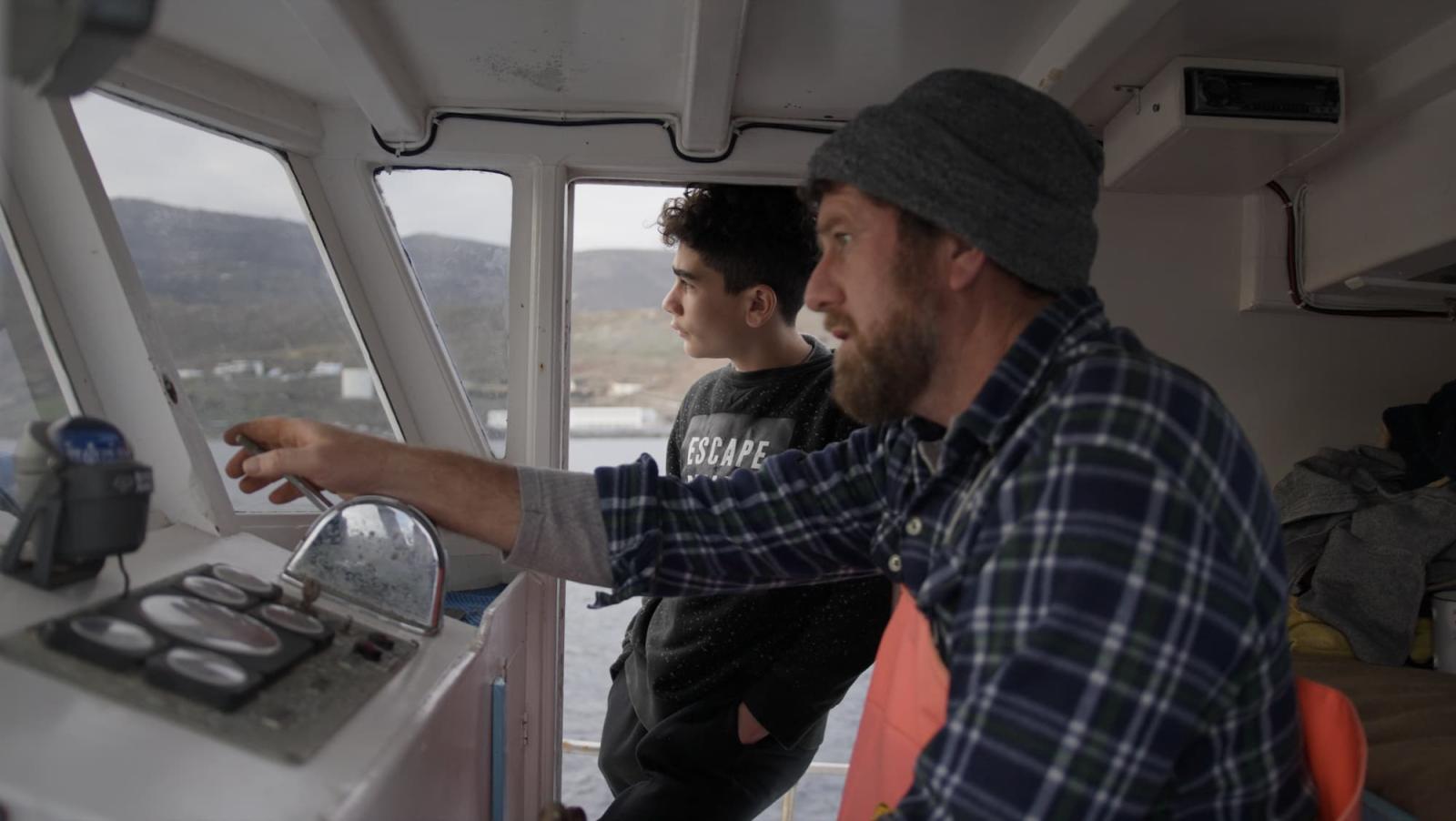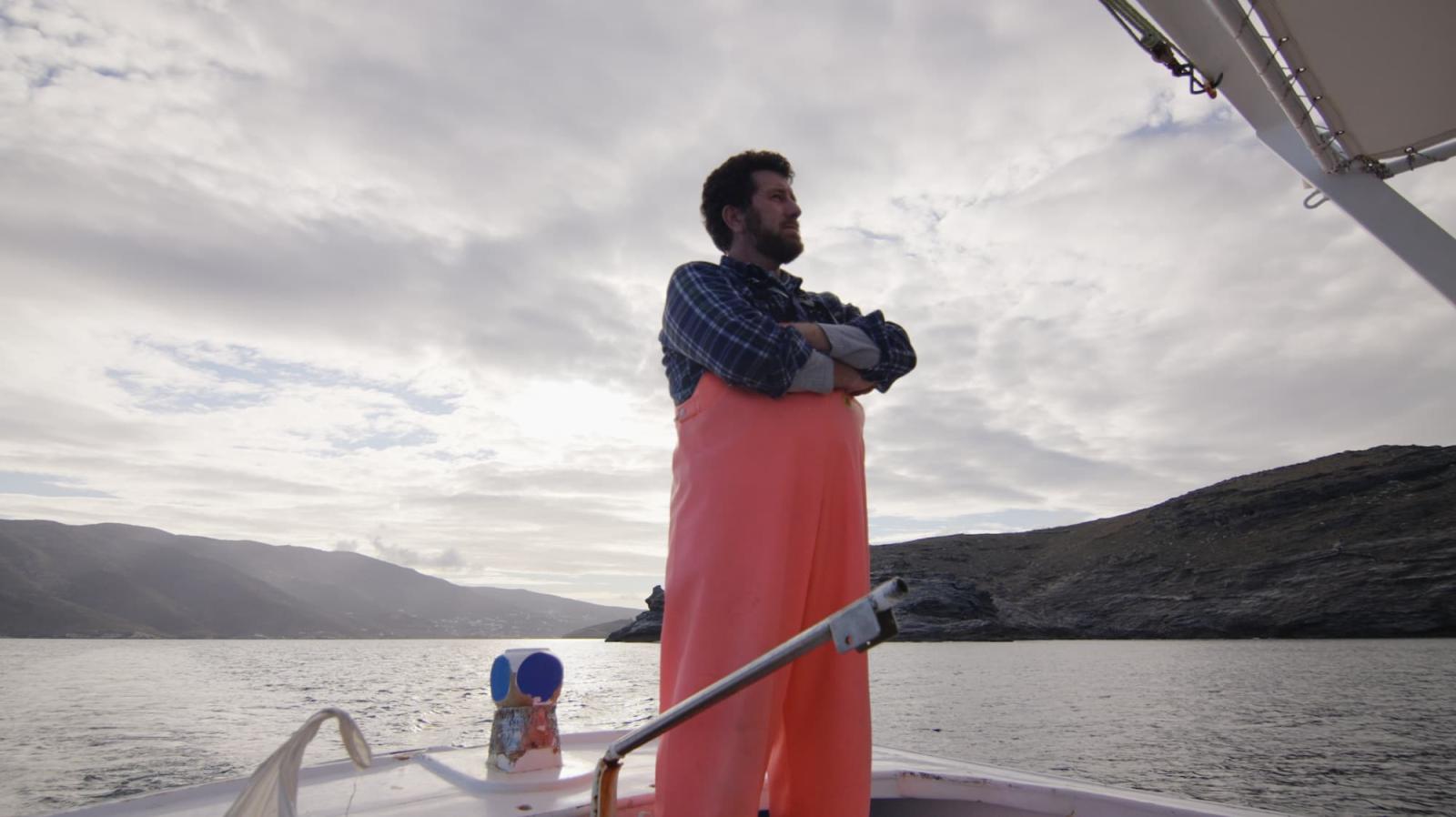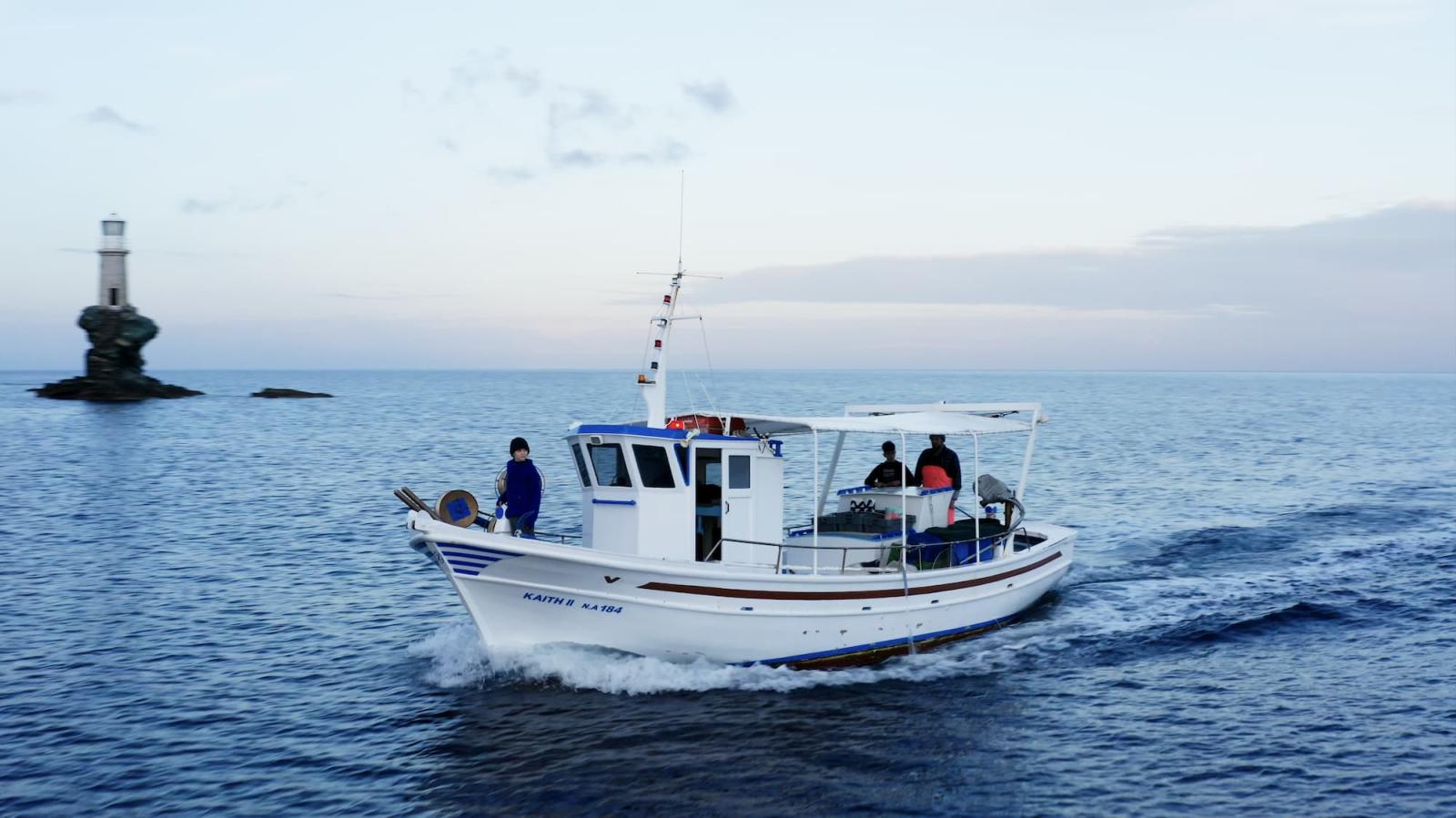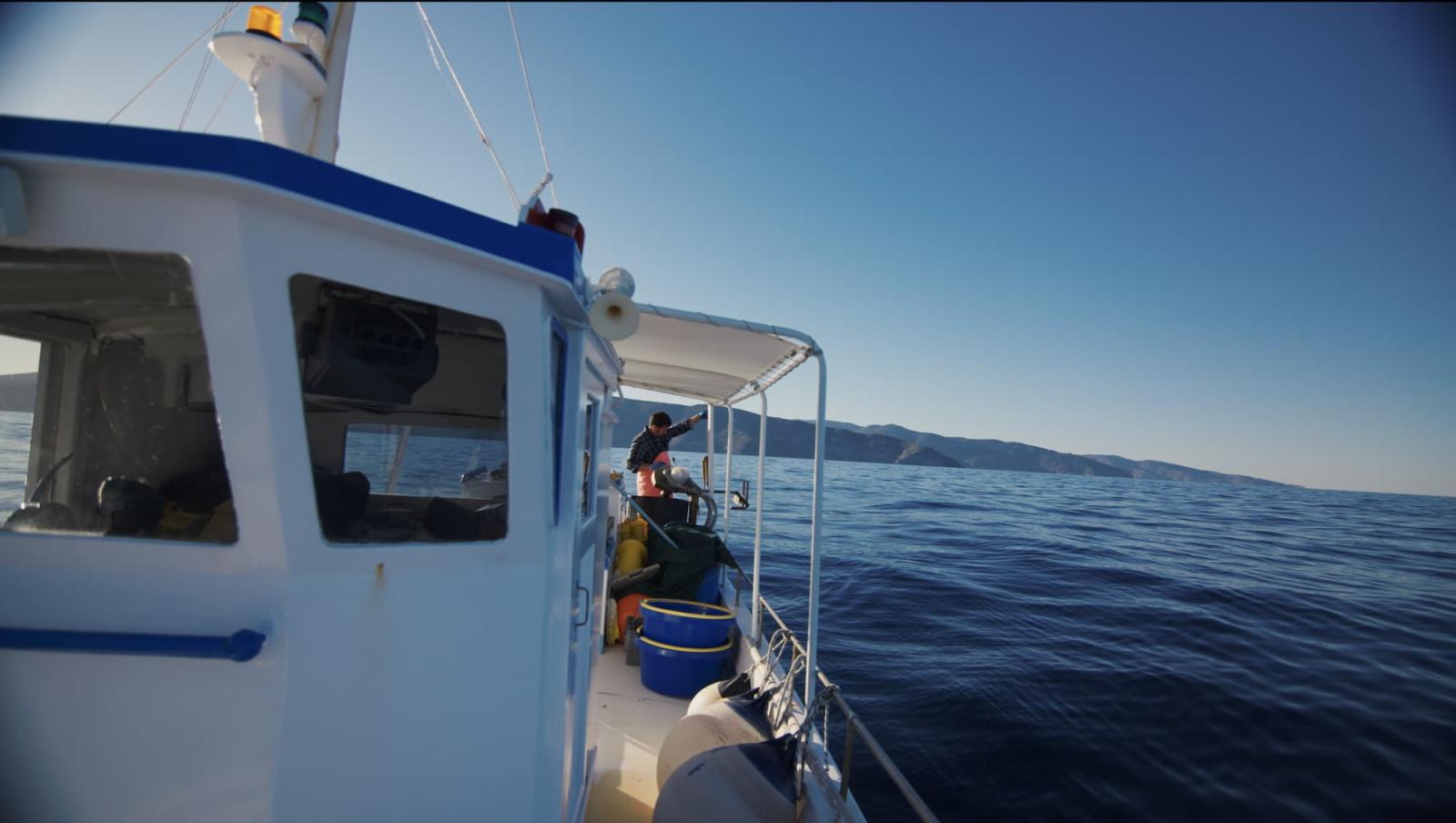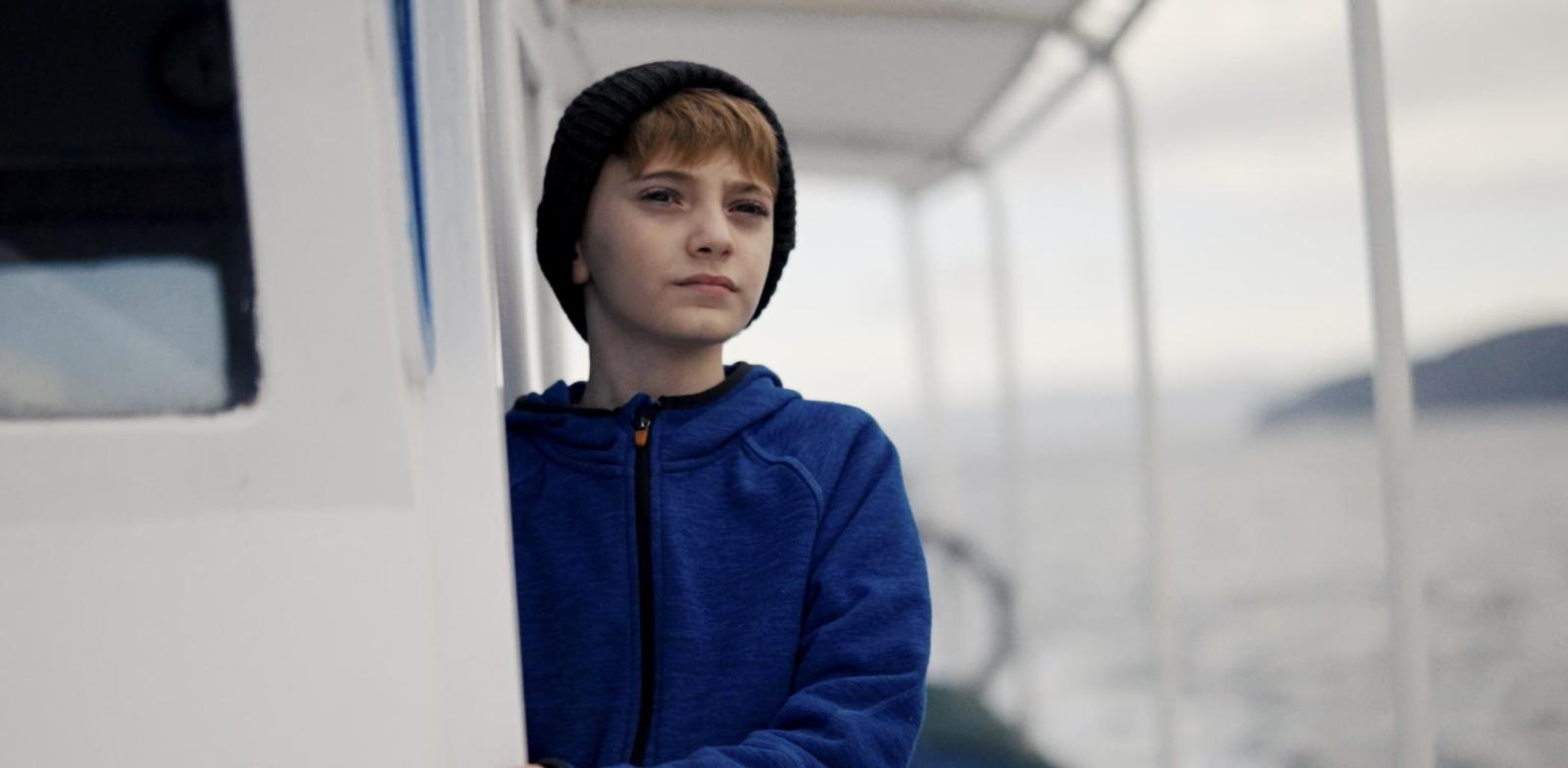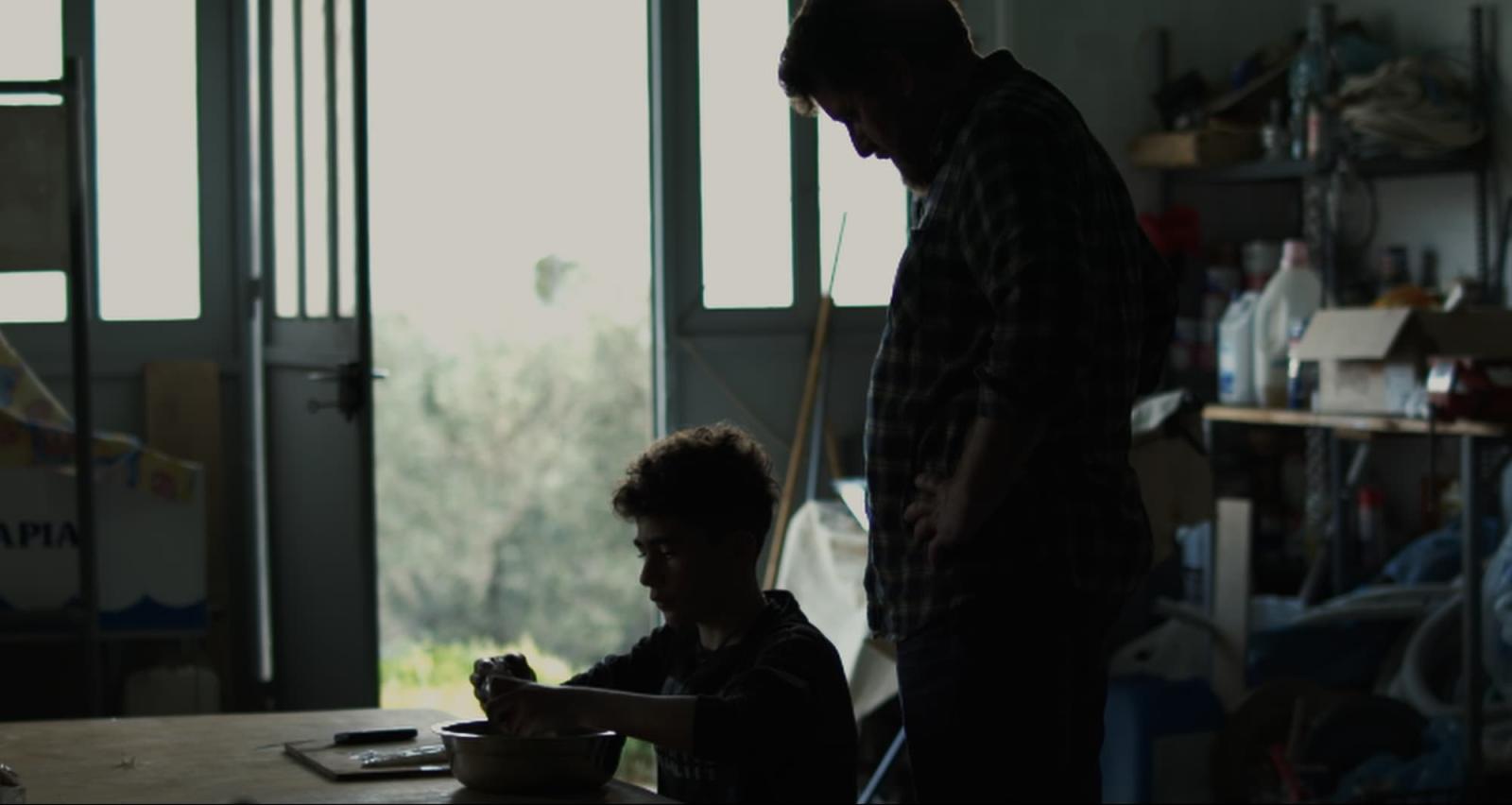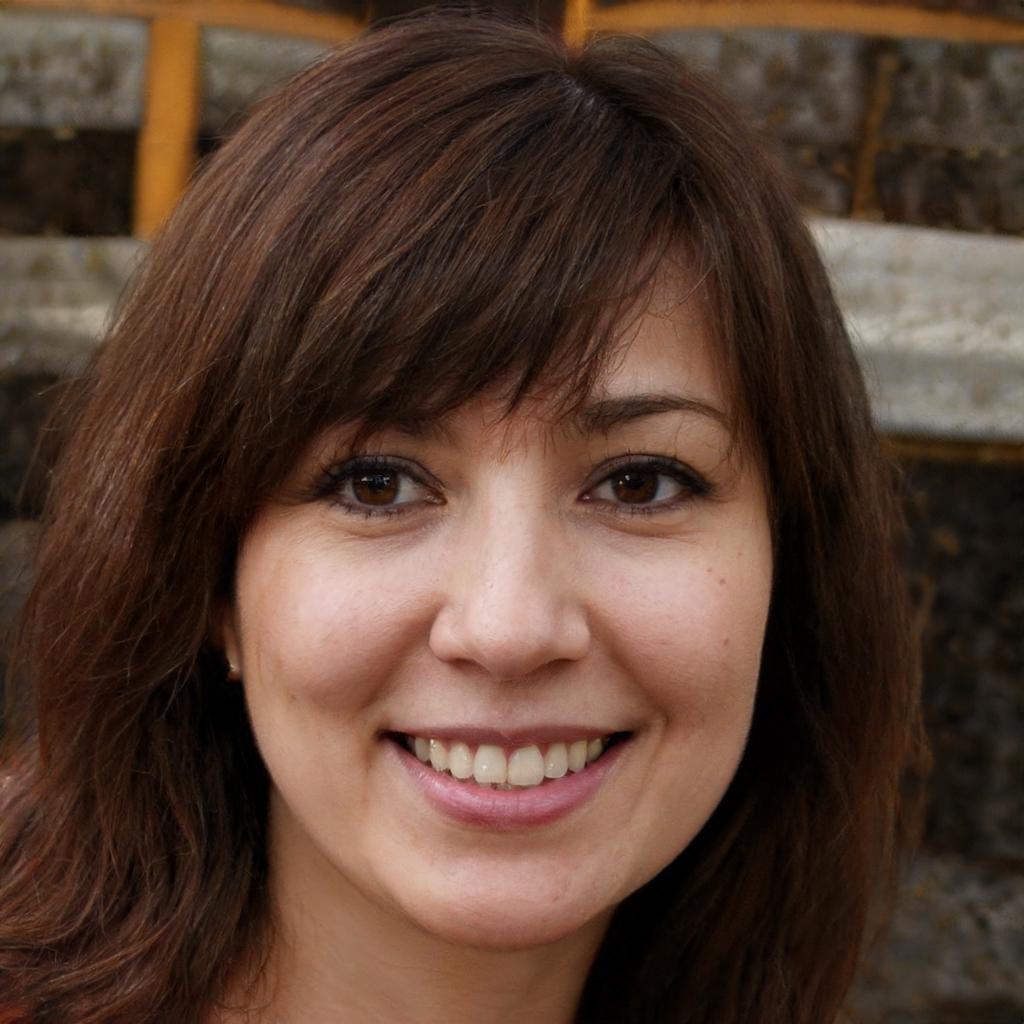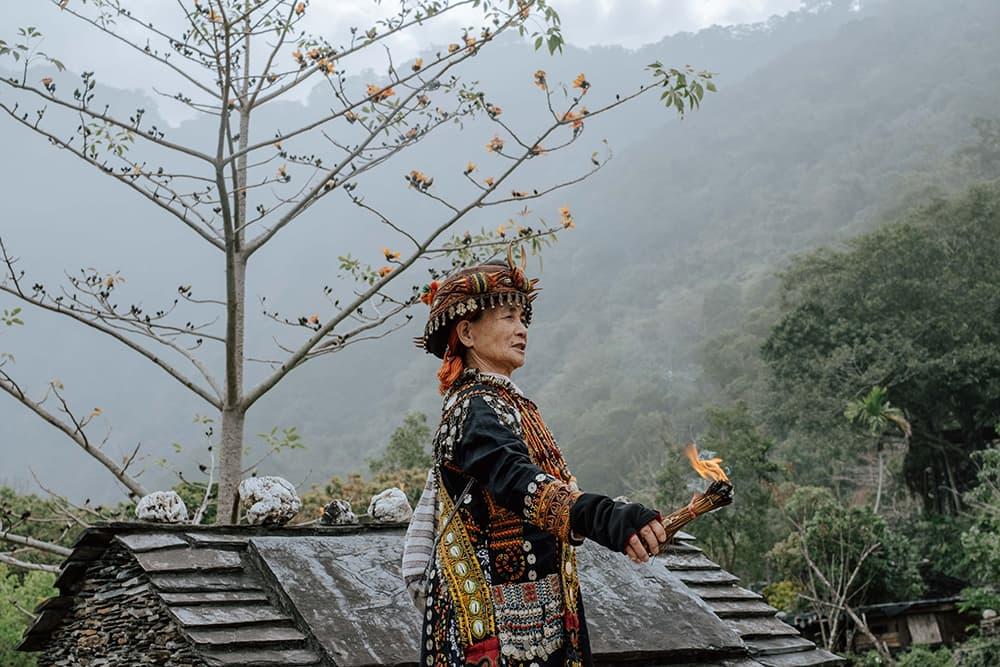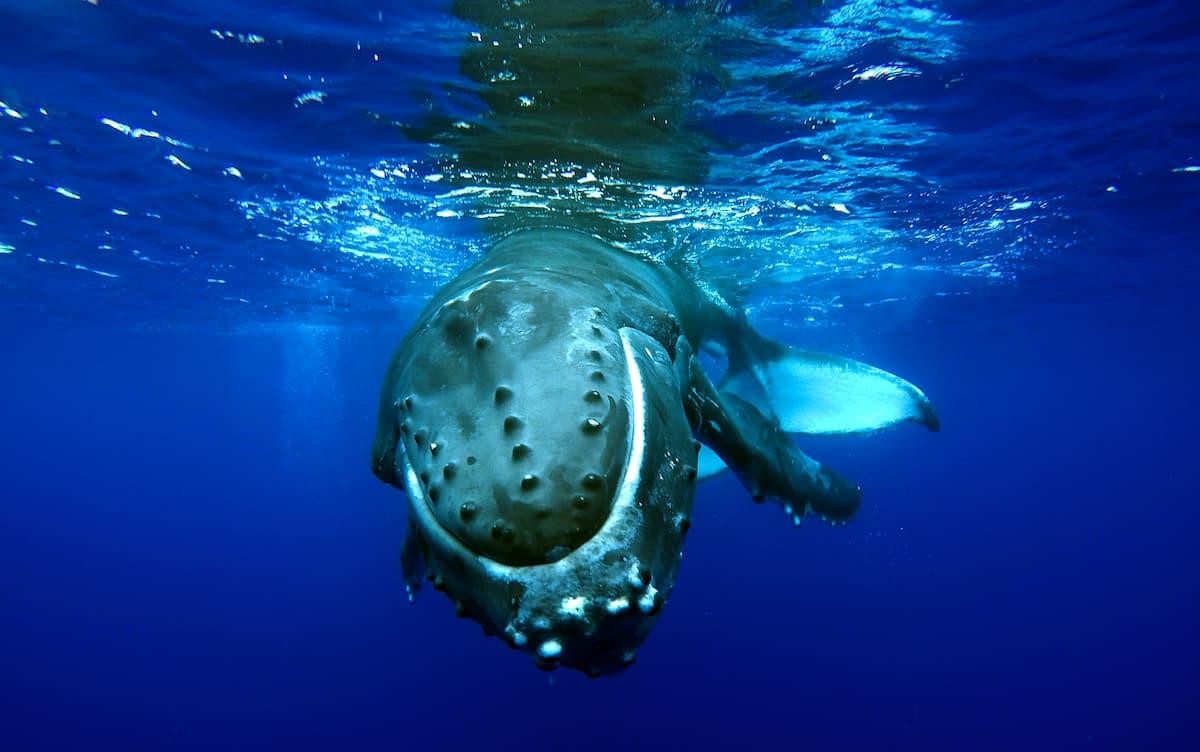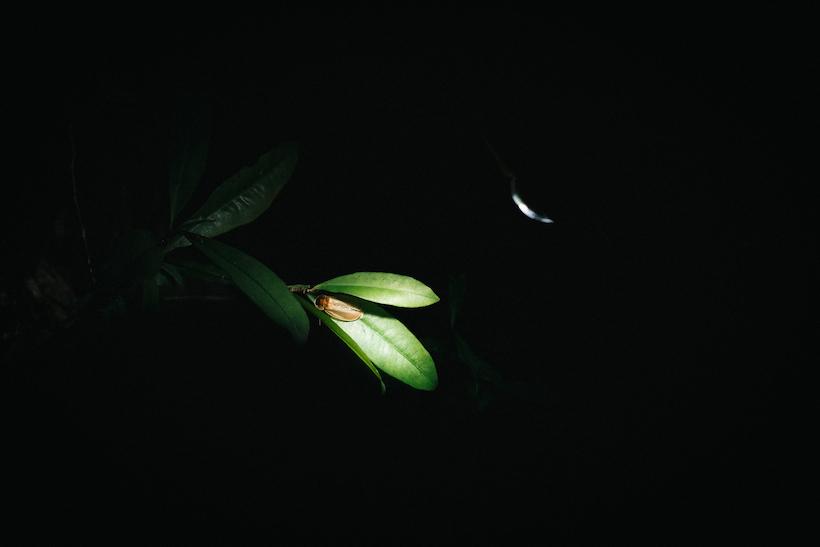Few modern occupations are so intrinsically tied to nature, where livelihood is crucially dependent on an acute understanding of weather, tides, currents, seasons, and a plethora of interconnected natural behaviours.
But for many fishermen, especially independent operators, it is not a science. It’s a feeling. A natural understanding that comes with a decades-long relationship with the ocean. A relationship that shares all the ups and downs and intricate complexities of any interpersonal relationship.
You could say Dimitris Zannes was born with this hardwired into his DNA. His father lived a life on the ocean and from the age of 12 Dimitris had already decided that this was his true calling.
His passion for the ocean and all that lies beneath is unmistakable when he speaks. But as he looks to pass the torch to the next generation of fishermen of Andros, Greece, he asks desperately for us all to question our own relationships with the ocean.
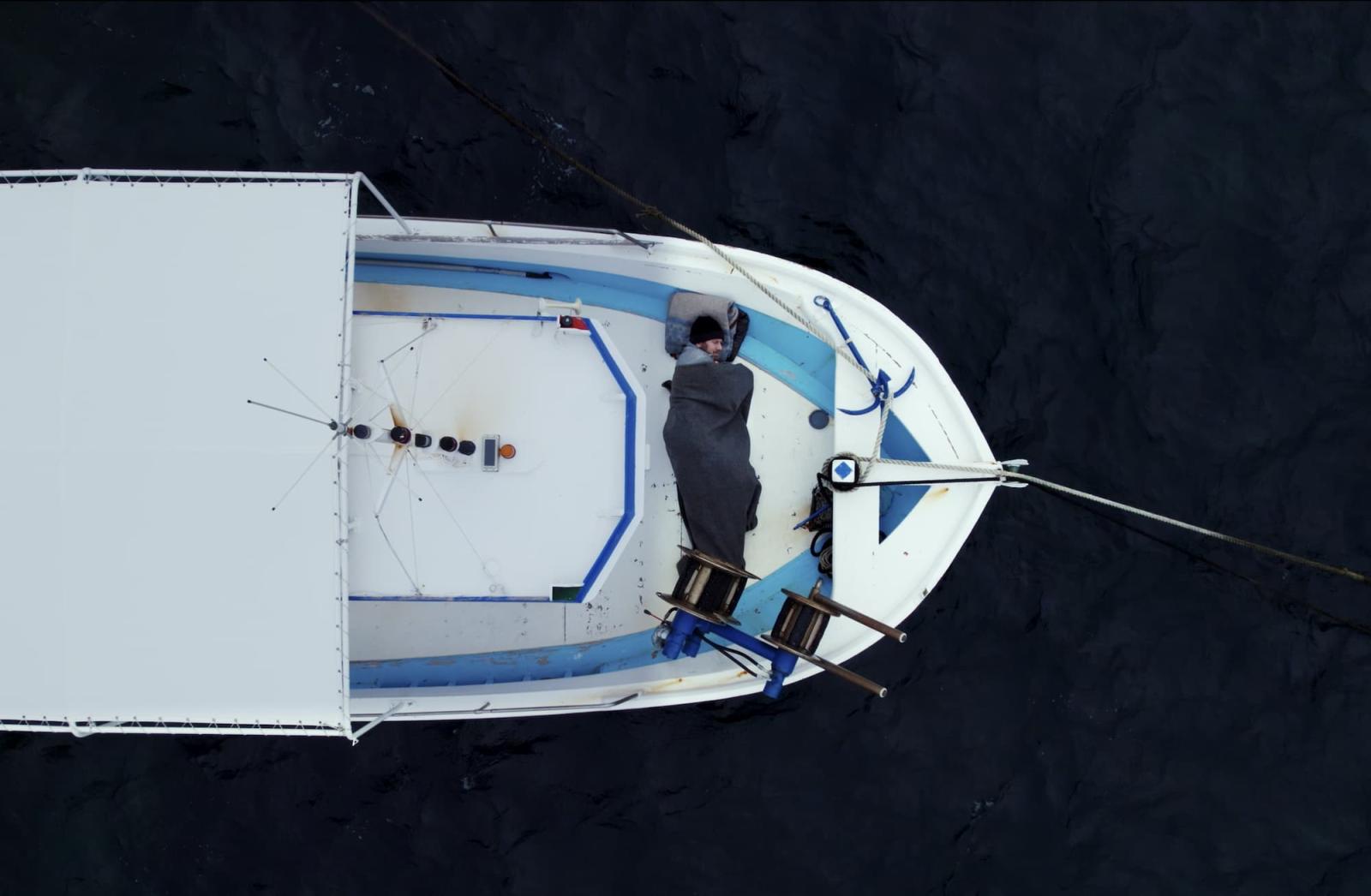
Interview by film director Charalampos Giannakakis (translated from Greek).
Charalampos Giannakakis (CG) - How did you know you wanted to become a fisherman?
Dimitris Zannes (DZ): The knowledge of knowing what I want to do in my life and what I love came early on when my father first took me to sea one evening to lift a line that he had put out. I was seriously captivated by the beauty, the calmness of the sea, the fish, and the phytoplankton illuminating from down below, shining brightly throughout the whole sea area. I realised that there, beneath me, was an infinite universe. That's when I fell in love and decided to do this as a job, a way of thinking, and a way of living.
CG: And to become a good fisherman, I presume you need to love the ocean?
DZ: To become a good fisherman, like in every profession, you need to love your job and the area you work in. It is a vital ingredient. You need to love the sea, to nurture it, to love to understand it. If you don’t understand how the sea works - its currents, the depth - or have the desire to gain this knowledge, you won’t get any return. You need to understand the fish, when they eat, when they reproduce, when they are near the shoreline, when they are away from the shoreline. All of this means that you have to give your utmost attention to the ocean.
CG: What are the rewards of this profession?
DZ: To make the choice of becoming a fisherman, especially today, has nothing to do with making money as the financial gains are near to nothing. In the past the wage was good, but it’s not like that now. When you choose to become a fisherman today, you make this choice because you love the sea, you fall in love with it - the chase, the anguish between the feeder and the prey. For sure the decision hasn’t got to do with the profession’s conditions nor the wages. Making this decision is driven by the emotional reward that it offers.
"To be honest, I am a fulfilled man who has two great loves which I have managed to combine well together. And quite frankly, I wouldn't change this."
CG: Are there any existing notions of fishermen that you would regard as untrue?
DZ: Many people believe that fishermen are hunters and they do not respect their prey or their environment. It is not like this at all. Of course there are the outcasts, the bad actors, like there are in all occupations. We have a few but the majority of our colleagues love the sea, respect it, look after it, and are responsible in the way they fish.
CG: Can you tell us of any special or unique experiences you have had at sea?
DZ: I would say the most beautiful experience that I have had at sea occured far away from the shoreline, between the islands of Andros and Chios. I came upon some fishing nets and there was a dolphin which was trapped. Its tail was caught in the nets and it could barely keep afloat. It was trying to come up for air, but It was drowning.
At that time I was with my Egyptian assistant. We stopped and hung ourselves from the railings of the fishing boat into the water to try save it. While we were trying to untangle it from the nets, I felt a presence next to me. I turned and right next to my head I saw the mother of the baby dolphin. She was so close that I saw my idol in the eye of the animal. There was an unbelievable calmness between us. I felt that we were communicating with respect for each other.
As soon as we had untangled her baby, she was in and out of the water as though she was trying to thank us. This is when I understood that we have a great connection with these types of animals and that we need to work together in order to live together. I can say that is by far the best experience I have ever had until today.
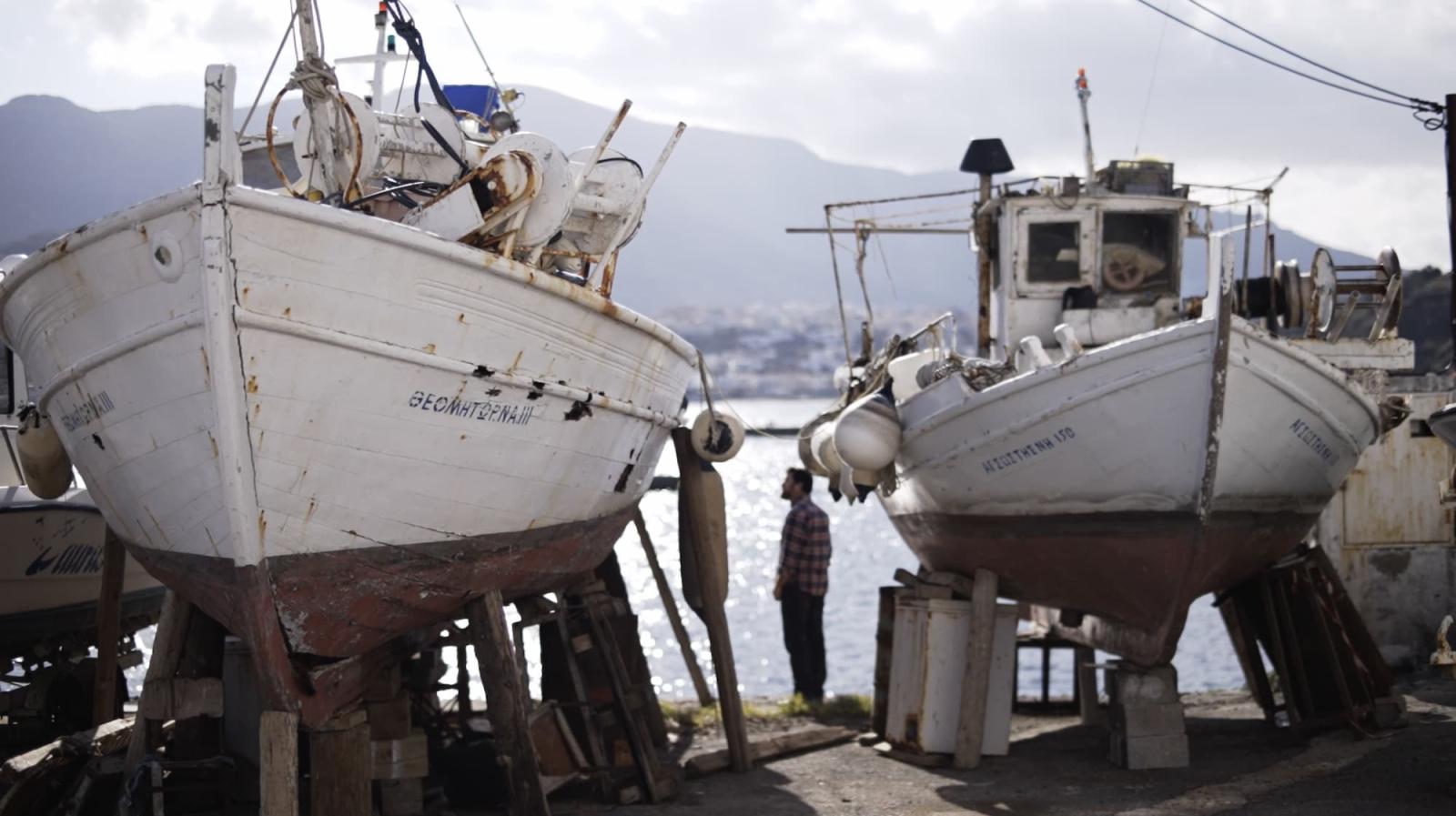
CG: Have you ever considered changing your occupation?
DZ: No, when I first left the army, madly in love with my partner and the back and forth from Athens, I did attempt to, but all attempts were unsuccessful.
